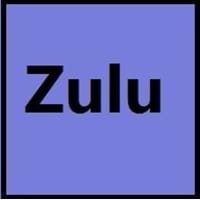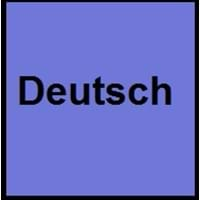Zulu vs German
- The meaning of word "Zulu" means "Sky"and Zulu was the name of the ancestor who founded the Zulu royal line in about 1670.
- Zulu language has many loanwords borrowed from Afrikaans and English Languages.
- One of the large group of Indo-Germanic languages is German.
- The second most popular Germanic language spoken today behind English is German language.
Zulu and German Language History
Comparison of Zulu vs German language history gives us differences between origin of Zulu and German language. History of Zulu language states that this language originated in 19 whereas history of German language states that this language originated in 6th Century AD. Family of the language also forms a part of history of that language. More on language families of these languages can be found out on Zulu and German Language History.
Zulu and German Greetings
People around the world use different languages to interact with each other. Even if we cannot communicate fluently in any language, it will always be beneficial to know about some of the common greetings or phrases from that language. This is where Zulu and German greetings helps you to understand basic phrases in Zulu and German language. Zulu word for "Hello" is Sawubona or German word for "Thank You" is Danke. Find more of such common Zulu Greetings and German Greetings. These greetings will help you to be more confident when conversing with natives that speak these languages.
Zulu vs German Difficulty
The Zulu vs German difficulty level basically depends on the number of Zulu Alphabets and German Alphabets. Also the number of vowels and consonants in the language plays an important role in deciding the difficulty level of that language. The important points to be considered when we compare Zulu and German are the origin, speaking countries, language family, different greetings, speaking population of these languages. Want to know in Zulu and German, which language is harder to learn? Time required to learn Zulu is 44 weeks while to learn German time required is 30 weeks.





